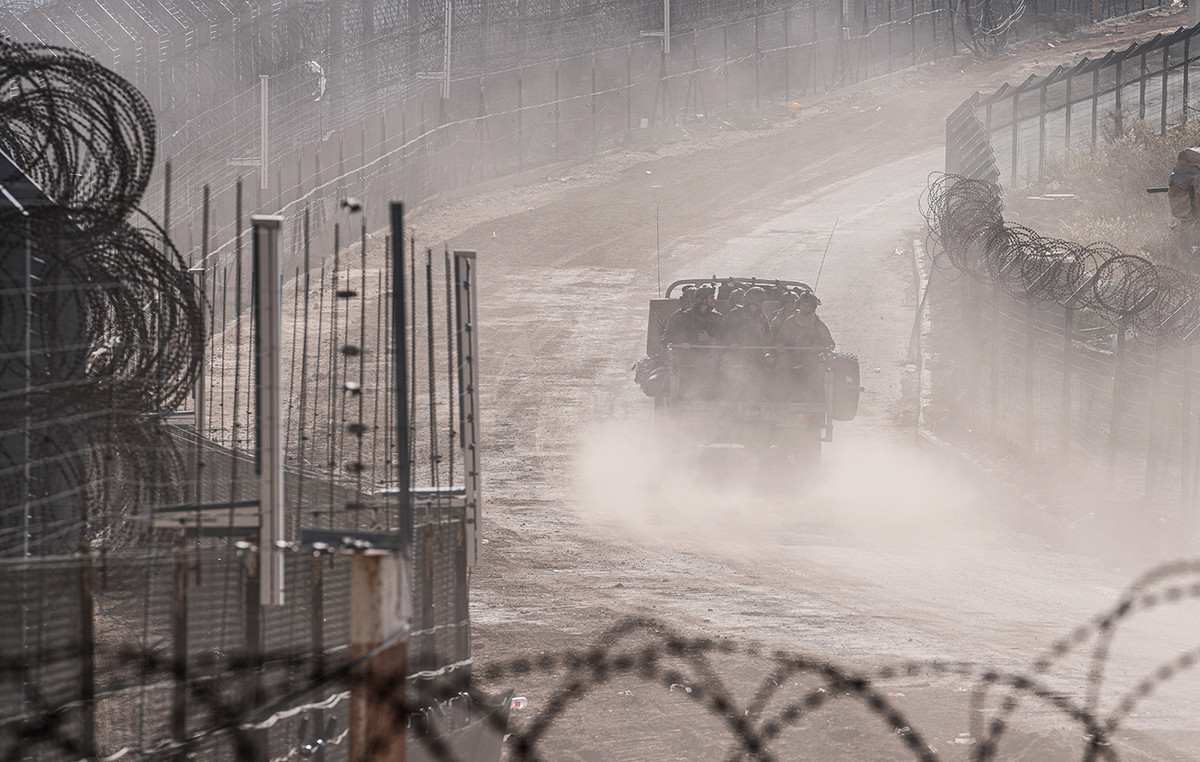If you thought that writing was an untouchable bulwark of human creativity, perhaps it’s time to jump to the Belville writing schoolwhere a project is about to start which is all a program: “Shows that it is human – Write stories in the time of the AI». A path in stages – open lesson, open call, workshops and podcasts – born from the collaboration between Belville and Lenovoto explore the potential (and limits) of generative linguistic models when they put at the service of the narrative. A path divided into four stages that involves emerging and narration enthusiasts. The goal? Explore how generative linguistic models can become tools at the service of human creativity, enhancing it without replacing it. At the center of everything, the idea that Artificial intelligence can be more than an instrument: a creative interlocutor. But also a presence to be critically interrogated, to avoid transforming the art of the story into a soul of the soul.
Between fear and fascination: writing with artificial intelligence alongside
The poster of the initiative
The heart of the project is a laboratory in the presence in Milan open to ten selected writers through a national call: to participate just send, Between June 6 and July 31, 2025an unpublished story about the relationship between AI and creativity. The ten best texts then have access to two days of workshops, on 17 and 18 October, under the guidance of the writer and visual artist Francesco d’Isa. With a Lenovo AA PC of the new generation available, the authors work on a story starting from a common track, exploring the infinite – and still imperfect – potential of generative artificial intelligence. “It’s like having a good editor, sometimes even a sparring partner,” explains Francesco d’Isa, “but to get something interesting you need to sabotage the car, make it derail, force it to leave the tracks. Only in this way is a true creative dialogue activate ».
The laboratory then ends with the definitive writing of the story, which is evaluated by a jury composed of Francesco d’Isa, Francesca Cristoffanini, director of Belville and Massimo Chiriatti, Chief Technology & Innovation Officer of Lenovo. The author of the best text receives a Lenovo Yoga Slim 7i Aura Edition and participates in the final episode of the Podcast dedicated to the initiative.
The route officially opens on Thursday June 5th with a Open lesson online held by Francesco d’Isa (you can register At this link). An invitation to reflect on how every great innovation – from press to writing, from Internet to AI – rewrites our mental maps. And, inevitably, our way of telling the world. “Plato feared that writing would steal his memory,” observes D’Isa. «He was partly reasoned, but he also gave us new worlds. The more powerful one is powerful, the more it takes away something and gives us more. It also applies to artificial intelligence; This is why it is important to explore it, to understand what and how to react ».
Is technology the enemy?
The question that crosses the entire project is clear: can artificial intelligence strengthen creativity without suffocating it? Second Massimo ChiriattI, we need a new awareness. “Human thought generates meaning, the Ai no: it processes data, but has no intuition,” says Chiriatti, who adds a suggestion: “Like Autoun in singing, it can also make those who cannot do it. The risk is to read less, and worse. But the future is open, and it must be written together ».
A concept also taken up by Francesca Cristoffaniniwhich underlines how writing is now called to deal with increasingly sophisticated tools: “Only by appropriating technology, and not undergoing it, writers and writers will be able to continue exercising their creative primacy consciously”.
The prize and the podcast
In December, the laboratory experience then turned into a podcast conducted by Matteo B. Bianchiwriter, TV author and editorial director of accent, with the participation of Chiriatti and D’Isa. Five episodes to reflect on what remains human in a story when working with (and through) a car. From the construction of the characters to the intertwining, from dialogues to editing, each episode will explore how and where AI can intervene in the creative process. “We are fascinated and frightened at the same time,” admits Bianchi. «We wonder if the car will replace us. But there is also another possibility: that supports us, lightens us, stimulates us. The challenge is not to compete with the machines, but learn to dialogue with them to create something new and surprising ». In practice, as the title of the initiative suggests, it is a question of demonstrating that they are human, with all the imperfections, intuitions and emotions that no machine can ever replace.
Source: Vanity Fair
I’m Susan Karen, a professional writer and editor at World Stock Market. I specialize in Entertainment news, writing stories that keep readers informed on all the latest developments in the industry. With over five years of experience in creating engaging content and copywriting for various media outlets, I have grown to become an invaluable asset to any team.





